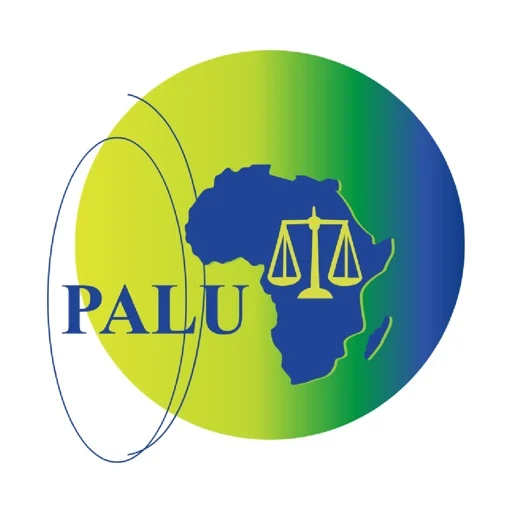Lawyers in Africa under the aegis of the Pan-African Lawyers Union have called on countries within the continent to empower human rights organizations to look into issues of corruption as it concerns rights to education, health and other basic amenities.
While calling for comparative exchanges of ideas and views with other regional networks, the organisation advised that African governments should “learn to give effect to decisions of continental, sub-regional Courts and tribunals as a way of advancing democracy and rule of law.”
PALU offered the suggestions in a communique issued after its two-day continental symposium in Abuja with the theme: ‘The implementation of decisions of African International Courts and tribunals: The role of National Human Rights Institutions, the legal profession and civil society organisations.’
The communique obtained by Journalists in Abuja on Wednesday was signed by the Communication and IT Officer of PALU, Madiwa Hoza.
The communique said, “Human rights institutions and commissions should be empowered to look into issues of corruption as it affects rights to education, health and other basic amenities.
“The NHRIs should engage media for publicity of decisions of African Human Rights Courts.
“There should be comparative exchanges of ideas and views with other regional networks on implementation of ECHR judgements and building on the comparative experience.”
PALU and other stakeholders also urged governments of states in the continent to learn to give effect to decisions of continental, sub-regional courts and tribunals as a way of bolstering democracy and rule of law in the continent.
They deplored the growing practice where countries in the continent treat decisions of African international Courts and tribunals with scant regard.
The Speakers argued that it made no economic and legal sense for African countries to spend huge resources in building and maintaining such Courts only to refuse to implement their decisions.
Among the speakers were the Vice President of the Community Court of Justice of the Economic Community of West African States, Justice Gberi-Be Ouattara; Boniface Ogoti of the East African Court of Justice; Meredith Lwanga of the African Court on Human and Peoples’ Rights; and Nigerian human rights activist, Femi Falana (SAN).
Others included Donald Deya of PALU, Moussa Coulibaly, President of the West African Bar Association; Archilleus Romward of the East Africa Law Society; Deborah Nyokabi Mburu of the Network of African Human Rights Institutions; Osai Ojigho of Amnesty International; Simitie Lawvalry of the Human Rights Commission of Sierra Leone and Anne Mary Okutoyi of the Kenya Nation Commission of Human Rights.
Justice Ouattara, who expressed discomfort with some recent policy decisions of the governments of ECOWAS states concerning the court, said it was becoming difficult for the court to meet its obligations.
According to him, aside from that most member states were reluctant to implement the court’s decisions, they have decided to reduce the number of its judges and their tenure despite the growing workload of the court.

